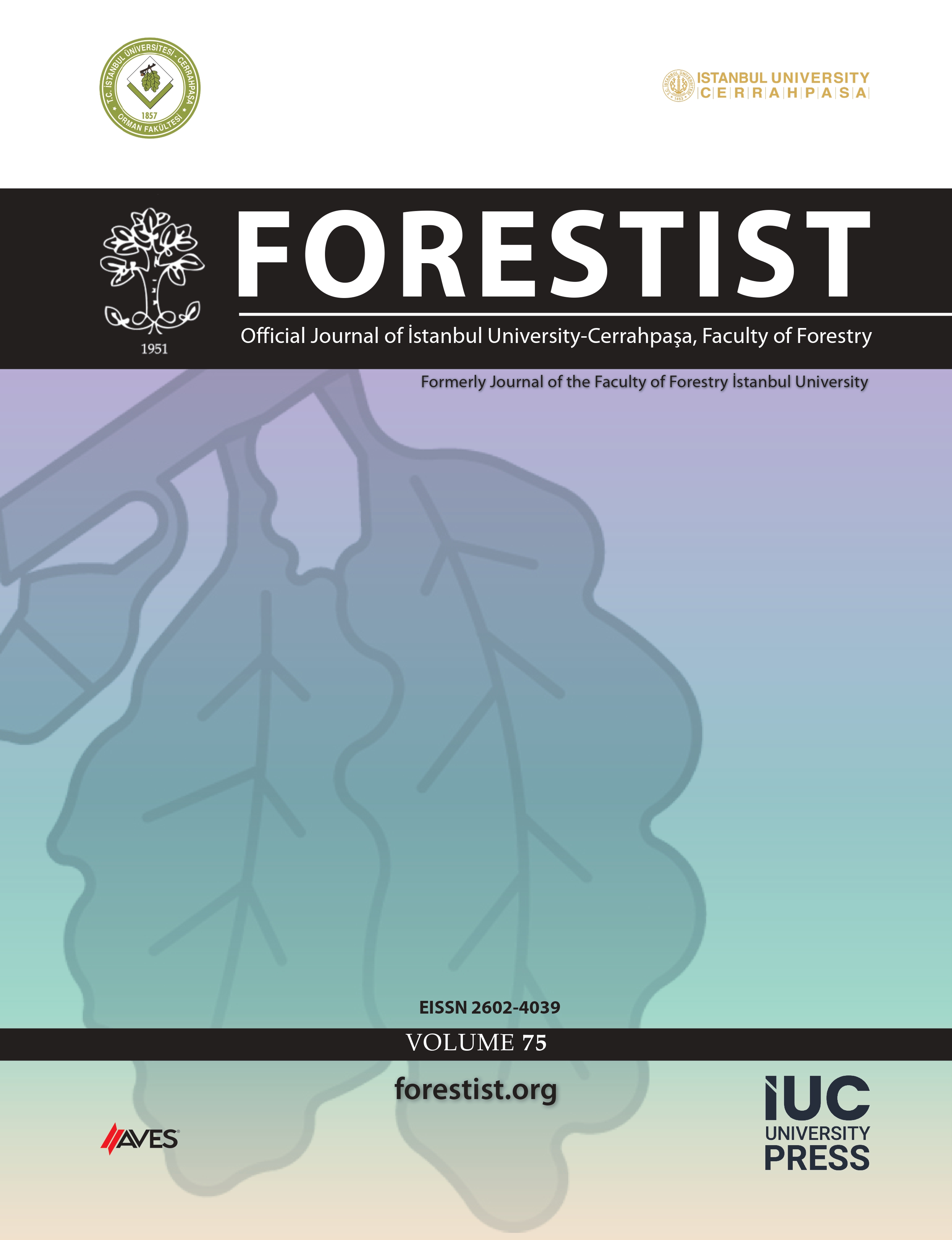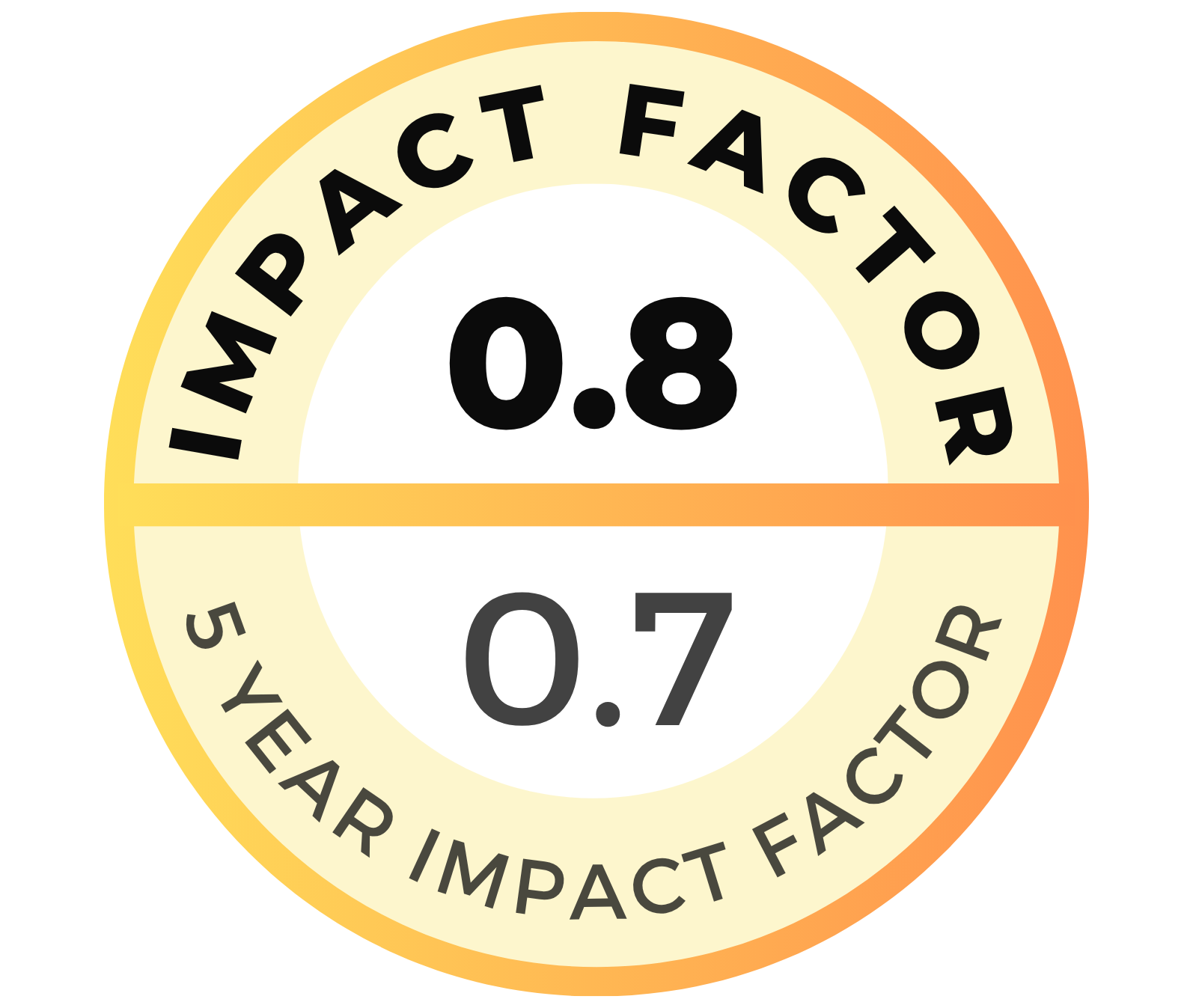Global climate change (GCC) is defined as a process that is considered the most crucial problem of the current century and will affect all living things and ecosystems in the world. In order to specify the potential impacts of this phenomenon, which does not seem possible to stop, it is necessary first to predict the change in climate types. Therefore, the current study aimed to define the shift of climate classifications (according to De Martonne, Erinç, and Emberger climate category) in 2040, 2060, 2080, and 2100 for Bursa, one of the largest cities in Türkiye, according to the SSPs 245 and SSPs585 scenarios, and compare it with its current situation. As a result, it was determined that the climate types in Bursa province would change significantly and primarily manifest as a shift into arid climate types. It is recommended to take precautions on a sectoral basis to avoid the devastating effects of GCC.
Cite this article as: Arıcak, B., Cantürk, U., Koç, İ., Erdem, R., & Şevik, H. (2024). Shifts that may appear in climate classificatıons in Bursa due to global climate change. Forestist, 74(2), 129-137.




.png)
